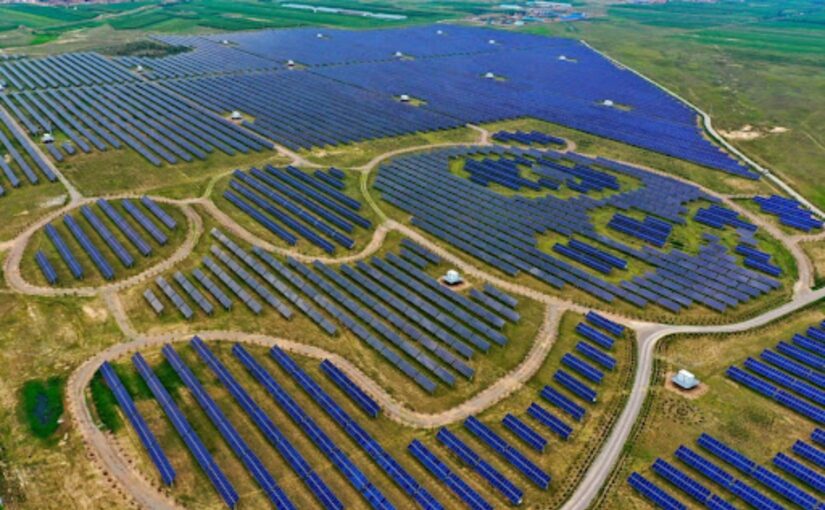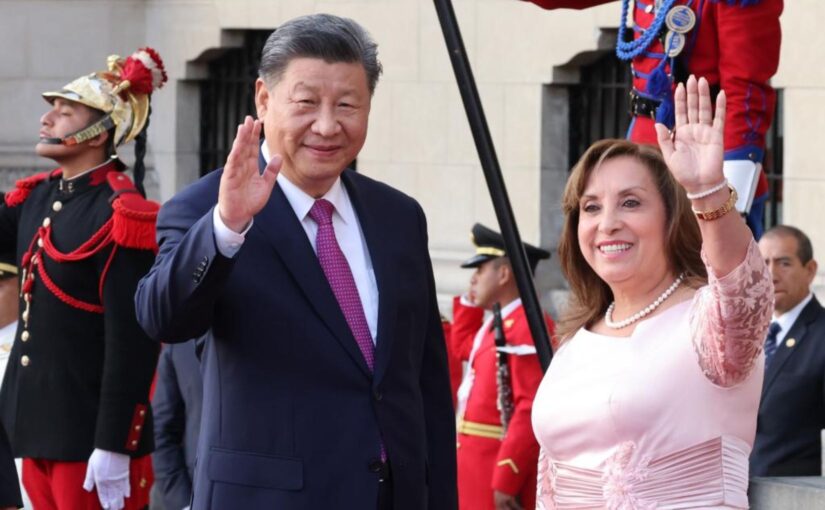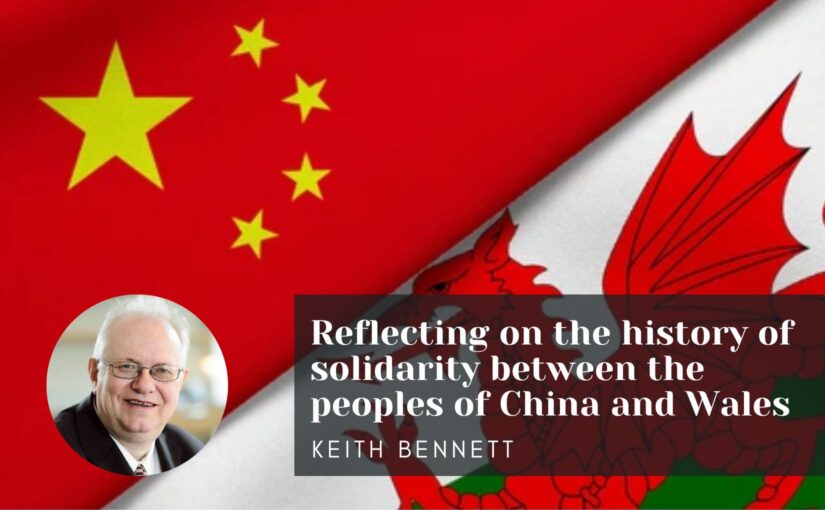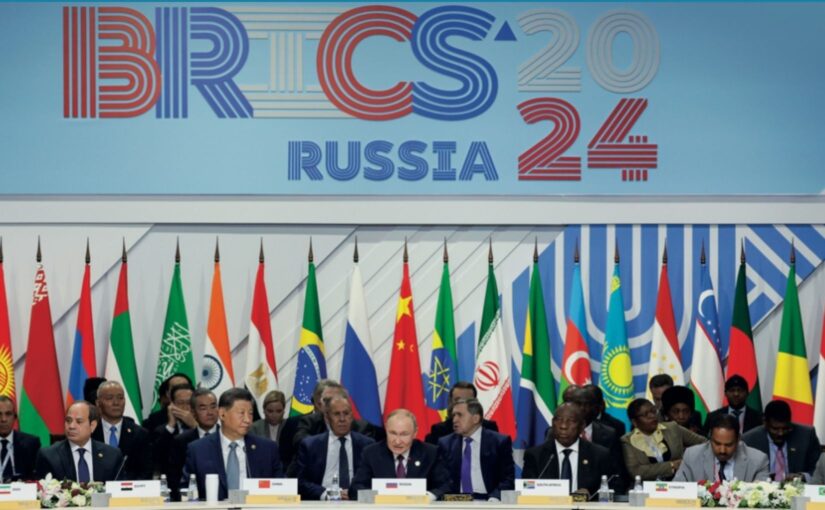In the following important article, Dr. Jenny Clegg sets out and responds to eight key criticisms and questions concerning the BRICS+ cooperation mechanism – its nature, significance and role -and argues that, in representing a significant challenge to US hegemony, it contributes to the movement towards a multipolar world.
Noting that, the rise of the BRICS+ has divided left opinion, Jenny writes that: “Critics see, at best, a collection of disorderly capitalist states which, tied to the dollar and lacking political coherence, are in no position to form a real alternative to the existing global order and, in fact, do not even aspire to do so.” She acknowledges that: “The significance of BRICS+ should not be exaggerated: they are in no position to serve as a counterweight to the advanced capitalist states.”
However, “BRICS+ is, in fact, the driver of global growth. In the last 10 years, China and India alone comprised 47 per cent of world growth; now, according to the IMF, the average growth of the BRICS+ this year will be close to 4 per cent while the sluggish G7 barely makes 1 per cent.”
And whilst “talk of dedollarisation has indeed been overhyped… the group is developing a sanctions-proof cross-border payments system and has seen a notable increase in intra-BRICS trading in local currencies, greatly reducing losses in exchange rate charges and currency fluctuations. With BRICS+ partners now added to the scheme, potentially 30-plus per cent of global trade could begin to transition away from using the dollar.”
Turning to the accusation that “the larger BRICS+ members are just pursuing sub-imperialist and neo-imperialist agendas,” whilst acknowledging that “ambitions of national aggrandisement are at play among some of the more powerful BRICS members”, she argues that, “BRICS+ has emerged amidst a rise in diplomatic activity within the developing regions and should not be divorced from this wider momentum in the Global South. To assume that smaller developing countries are passively succumbing to subordinate positions under regional hegemons is frankly patronising.
“From the proposals of Barbados Prime Minister Mia Mottley on tackling debt to the former colonised states’ demands for reparations at the recent Commonwealth Summit to the Caribbean Islands’ proposals for a fund to cover the damage caused by extreme climate events, to name but a few, smaller developing countries are asserting their own agency.”
Jenny also argues that the BRICS+ approach is dual: developing cooperative economic arrangements step by step directed at strengthening the development of member states, so shifting the overall material economic and political balance to build pressure on the World Bank, IMF and WTO to become more inclusive.
“To dismiss this incremental approach as global social democracy, diluting true socialist opposition to imperialism, is to fail to come to terms with the reality of unequal world power so as to develop a concrete strategy for change.”
Taking issue with those who assail BRICS+ for a supposed lack of sufficient anti-imperialist rigour, Jenny responds that:
“It is in its resistance to taking sides in the US’s new cold war that BRICS+ is of such immense significance – a brake on the US-led path of war. Each member brings its own perspective – non-aligned, multi-aligned, anti-imperialist — to the organisation, but no matter how cautious and tentative their individual foreign policies may be, these are all to be valued as ways of exercising independence against the US new cold war.
“It is in the diversity of the BRICS+ that its strength lies. This is not about pro- and anti-Western blocs – the real choice is between peaceful coexistence and the road to a third world war.”
Answering those who say that BRICS+ is too riven by disputes among its members to build a peaceful world, she draws attention to the recent agreement, on the eve of the BRICS+ summit in Kazan, between key members China and India on the management of their border dispute.
She concludes, in words that have only acquired even more cogency and urgency with US President-elect Donald Trump’s threat to impose 100% tariff rates on the BRICS+ nations should they attempt to develop alternatives to dollar hegemony:
Measuring BRICS+ against preconceived notions of socialism or even anti-imperialism is abstract and utopian, absent of any strategy to end US hegemony and Western dominance. It is in removing these obstacles that the door to socialist advance can be opened.
Taking BRICS+ out of context to knock them down is to wave a false red flag in the face of the very real dangers of war. Now, as Donald Trump brings new international challenges, and with liberal internationalism beyond resuscitation, it is imperative for the left to look South, not least to BRICS+ with its offer of a viable progressive project.
Jenny is an anti-war activist and China specialist. The author of ‘China’s Global Strategy: Towards a multipolar world’ (published by Pluto Press), she is also a member of our advisory group. Her article was first published by the Morning Star.
THE Brics+ Kazan summit in Russia stood out as a pillar of stability in an increasingly volatile and dangerous world. With wars raging in Ukraine and the Middle East, pushing the UN system to breakdown, it kept the spirit of multilateralism alive.
Gathering leaders and representatives from 36 countries, the meeting was the first for the enlarged grouping, which last year added UAE, Ethiopia, Egypt and Iran to the existing Russia, China, India, Brazil and South Africa.
The rise of the Brics+ has divided left opinion. Supporters claim it to be transformative, tipping the global balance against the G7 and spelling the end of US hegemony as bearers of a new international financial order and a more peaceful world.
Critics see, at best, a collection of disorderly capitalist states which, tied to the dollar and lacking political coherence, are in no position to form a real alternative to the existing global order and, in fact, do not even aspire to do so.
The significance of Brics+ should not be exaggerated: they are in no position to serve as a counterweight to the advanced capitalist states.
Brics+ comprises 33 per cent of world GDP (purchasing power parity), overtaking the G7 at 29 per cent. Nevertheless, given their members’ much lower per capita income and technological advancement, they remain far weaker.
What should not be missed here, though, is that Brics+ is, in fact, the driver of global growth. In the last 10 years, China and India alone comprised 47 per cent of world growth; now, according to the IMF, the average growth of the Brics+ this year will be close to 4 per cent while the sluggish G7 barely makes 1 per cent.
The adoption of partnerships for countries at Kazan as a stage to full membership also considerably amplifies Brics+ influence. The as-yet unconfirmed list of 13 partners includes Nigeria and Algeria, making all five of Africa’s largest economies part of the Brics+ zone while bringing in Thailand, Malaysia, Indonesia and Vietnam, as well as Kazakhstan and Uzbekistan to extend Brics+ influence across the whole of Asia, a continent containing the world’s fastest-growing regions.
The Brics+ real significance lies in the future: in 10 to 15 years, China may become the leading world economic power; India, number three; new partner Indonesia, number five; with other new partners Malaysia, Nigeria and Thailand moving up the top 20.
Right now, with its reach into the different developing continents opening up new corridors of trade and communication, Brics+ is well placed to shape the multipolar future.
Predictions of Brics+ replacing the dollar-based global financial system are no more than a pipe dream.
Brics came together originally for economic reasons: to share opportunities for development, trade and investment, their large populations offering great mutual potential. Following the West’s freeze on Russian assets after its invasion of Ukraine, concerns about reducing reliance on the US dollar also became a priority.
Talk of dedollarisation has indeed been overhyped. The Brics+ aim as a collective is to end dollar hegemony — not to replace the dollar system but to reduce dependence on it. To this end, the group is developing a sanctions-proof cross-border payments system and has seen a notable increase in intra-Brics trading in local currencies, greatly reducing losses in exchange rate charges and currency fluctuations.
With Brics+ partners now added to the scheme, potentially 30-plus per cent of global trade could begin to transition away from using the dollar. Such a shift could spark the sell-off of US dollars on a large scale.
The fact is that much of world’s future development will not take place under US economic hegemony. Put another way, the Brics+ trajectory is towards gradually breaking the US monopoly of financial power.
Continue reading Understanding the role of BRICS+ in global progress




